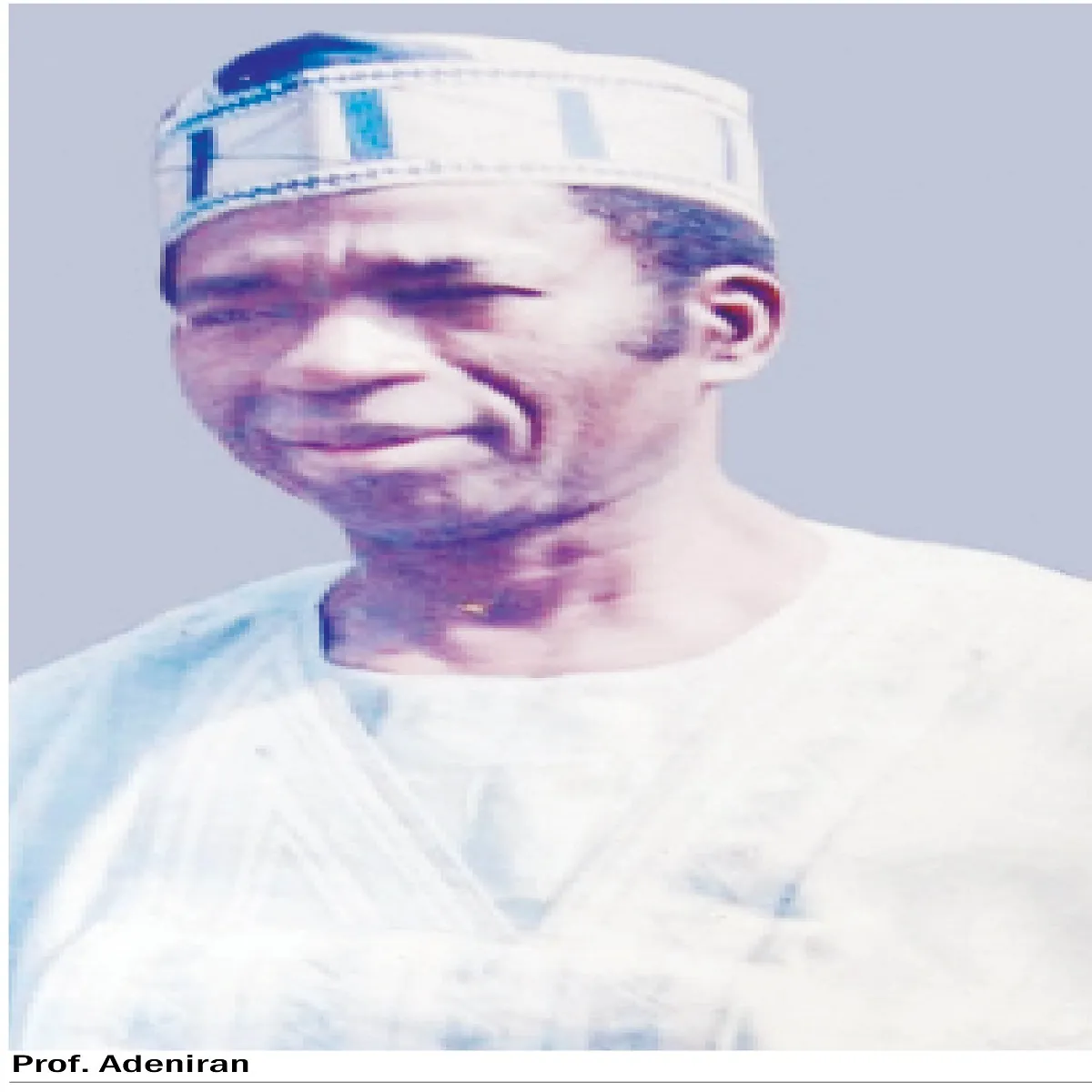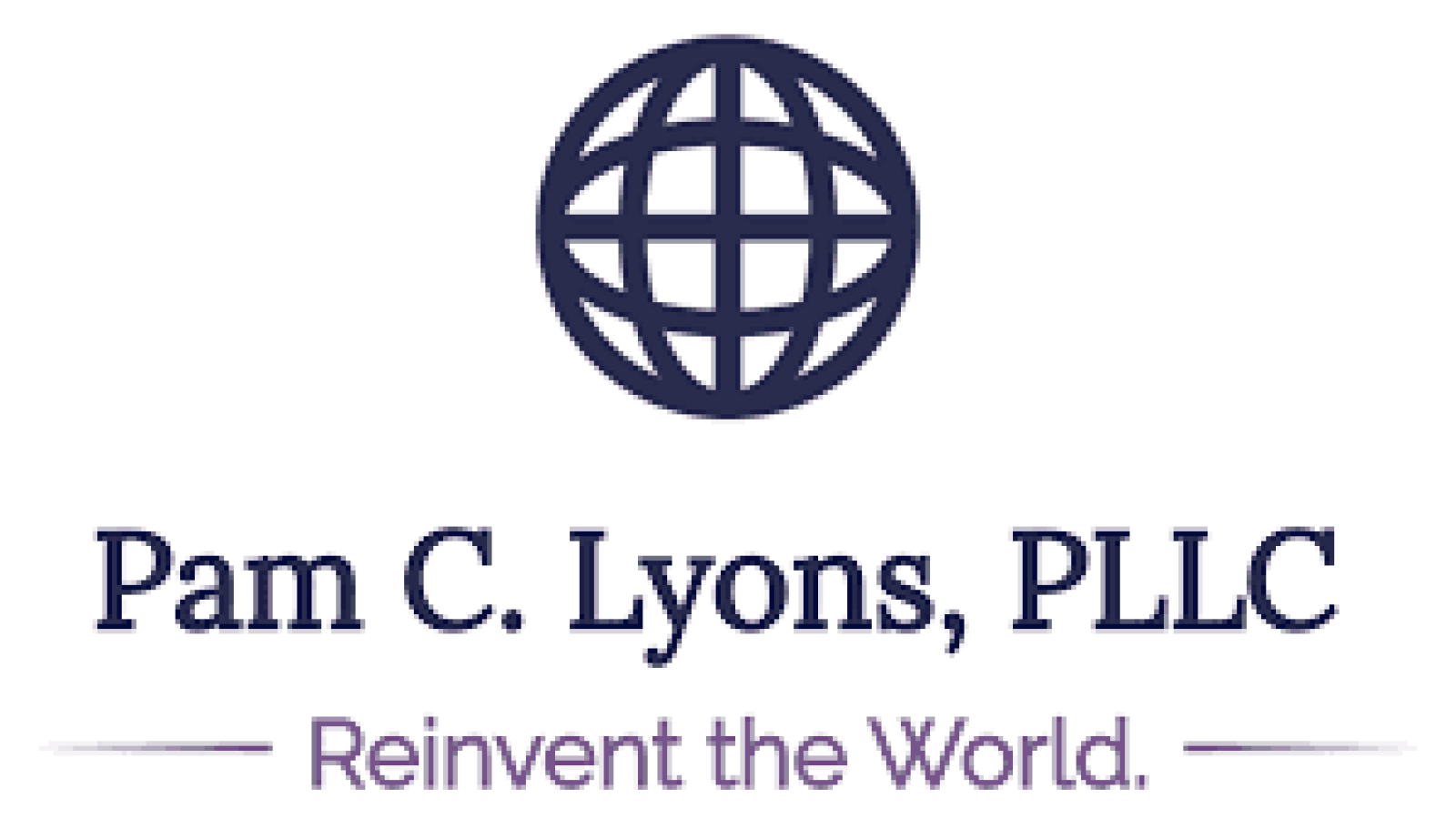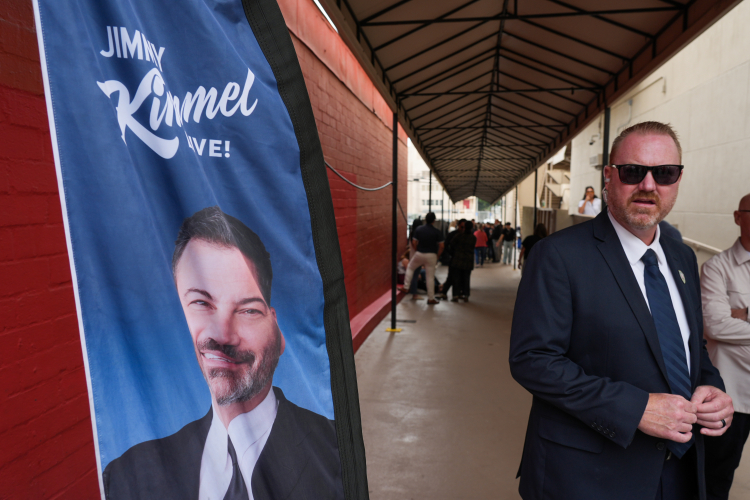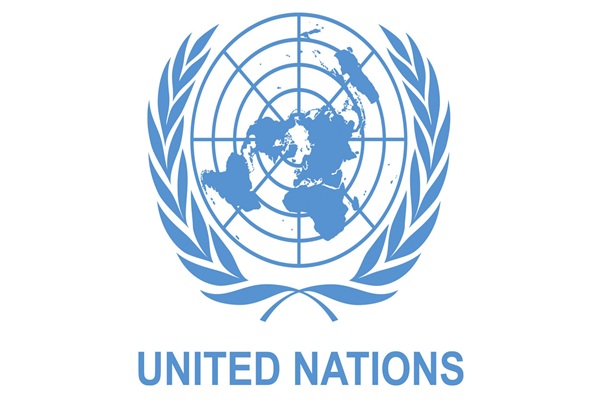By Seyi Sokoya
Copyright tribuneonlineng

Professor Tunde Adeniran is a distinguished scholar, diplomat, politician, and elder statesman. In this interview with Seyi Sokoya, he reflects on his remarkable journey through life and service at the age of 80. He also shares his experience as an elder statesman and discusses various national issues. Excerpts:
What are your reflections as you turn 80, especially the Nigeria you have witnessed across the decades?
My personal reflections will take me back to my childhood years, when I was committed to certain fundamental values. There was love among families and communities. I was brought up in an environment where I enjoyed care and love not only from my parents and family members, but also from the entire community. When I traveled outside the community with my uncle as a little boy, there was safety and love everywhere we went in the South-West. During that time, from elementary school to university, we had good relationships with others, regardless of their religion, ethnic background, or the political views and activities of their parents. Most things were based on merit. The limited schools and tertiary institutions were filled through healthy competition. We all struggled to excel in sports and academics. Our pride was mainly in our academic ranking in class, how many books we read, and how we represented our schools at external competitions. The religious organisations were also there to instil discipline in the youth.
How do you balance the joy of celebration today with the sobering realities facing the nation?
My joy today is full because God Almighty has been wonderful to me. He has taken care of my health, and I have made a success of my career. In light of the sobering realities we face today, I genuinely wish we had experienced an ideal transition from one generation to the next. This could have been achieved through effective governance and a strong commitment from Nigerian leaders to prioritize the welfare and development of the people and Nigeria. Nigeria is one of the most blessed countries in the world when it comes to human and natural resources. However, we need to put in more effort and work hard to address the significant challenges we face in terms of leadership and the weak institutions that affect our governance structure. I feel sad that we are not doing enough or are not concerned to justify the incredibly abundant resources that God has blessed us with.
In your view, what are the critical ingredients Nigeria needs today to achieve true national development?
The ingredients of national development are so well known. They begin and end with good leadership. With that, the society will raise consciousness and responsible followership. This page outlines the approach for mobilizing economic and other resources for national development.
You have often spoken about governance and strong institutions. At 80, what concrete reforms would you recommend for Nigeria to move from potential to actual progress?
Moving from potentials to actual progress is not that difficult to achieve. The problem is that the political class that should lead the way would do anything and everything to block progress unless it favours them personally. I strongly believe that we need to start by giving ourselves a new people’s constitution. I have discussed this topic extensively in the past. I pray that the National Assembly and the Nigerian people will seriously work on this and give Nigeria a constitution for and by the people of the Federal Republic of Nigeria.
What role do you see for elder statesmen like yourself in mentoring younger leaders and shaping the nation’s future?
I am absolutely committed to making Nigeria better for the coming generations. Many others share my views and are committed to guiding our youth and future generations.
How do you assess Nigeria’s democracy today? Has it fulfilled the people’s aspirations, and what urgent issues do we need to address?
We need to reassess the meaning, essence, and practice of democracy in Nigeria.
With poverty, unemployment, and inflation troubling millions, what bold steps should Nigeria take to stabilise its economy and restore hope?
Poverty, unemployment, and related forces militating against Nigerians are man-made and can be effectively solved through appropriate policies based on the right diagnosis and prescriptions. They can surely be tackled with courage and sincerity.
Many Nigerians are leaving the country in search of opportunities, “japa”. What does this brain drain mean for our future, and how can we reverse it?
The “japa” phenomenon will be reversed once we get our acts together, review our development policies and institutions, and incentivise talents, professional attainments, and merit.
You once served as Minister of Education, but health and education are intertwined for national progress. What is your assessment of Nigeria’s health and education sectors today?
When I was in education, I was committed to transforming the sector through fundamental reforms, which President Olusegun Obasanjo approved through the Federal Executive Council. We restructured the system, addressed the incessant strikes with enhanced packages for the welfare and well-being of those in the sector, and fostered a better learning environment for students. Cultism was actively opposed, and statutory visitations that had been abandoned for decades were revived. New institutions were also established to ensure that Nigeria’s educational structures met the quality and nature required for the 21st Century. I am glad that the present Minister of Education is very much aware of the current challenges and is focused, and anxious to resolve the various contentious issues in the sector with a digital mind filled with commendable initiatives.
What practical reforms would you recommend to strengthen healthcare delivery, especially in rural communities?
I have serious concerns about our healthcare delivery system. One major challenge is the need for greater attention to both the human and material resources in the sector. Furthermore, Nigeria is becoming a significant source of trained medical professionals who often seek employment abroad, with less than ten percent of these individuals returning to work in the Nigerian health sector. As a result, the population remains at risk of untimely death due to the absence of a social security system that could provide essential safety nets.
How can Nigeria link education and skills development to real economic opportunities for its teeming youth population?
There is a pressing need to prioritize skills acquisition and development in our educational system. Nowadays, many young people attend tertiary institutions not with the intention of gaining knowledge and skills, but rather to obtain paper certificates that they can use to seek employment in the public sector or as credentials for political ambitions. As a result, it has become increasingly difficult to find skilled artisans within our local communities. Our youth need to be equipped with practical skills.
Having served as Ambassador to Germany, how do you see Nigeria’s role in global diplomacy today?
At the global level, we need to redefine our priorities and adjust our strategies. It’s essential to have our ambassadors appointed to the various high commissions and embassies as soon as possible, and they must be adequately funded to ensure effective diplomacy. Fortunately, the current Minister of Foreign Affairs is an experienced diplomat who is well-acquainted with the pressing issues that need to be addressed.
What can Nigeria learn from other nations in balancing national unity, economic growth, and social stability?
There is so much to learn from other countries, starting from Singapore. There is a need to take leadership recruitment more seriously, stop weaponising ethnicity and religion, and be serious about creating a just society characterised by the rule of law, fairness, equity, and good governance generally.
At 80, what legacy do you want to leave behind for Nigeria and its younger generation?
My legacies? I will continue to advocate for meaningful democracy, promote national unity based on equality, fairness, and justice, and work towards uplifting the common man. Additionally, reading my latest book, “Africa Betrayed”, will provide more insights into these issues.



